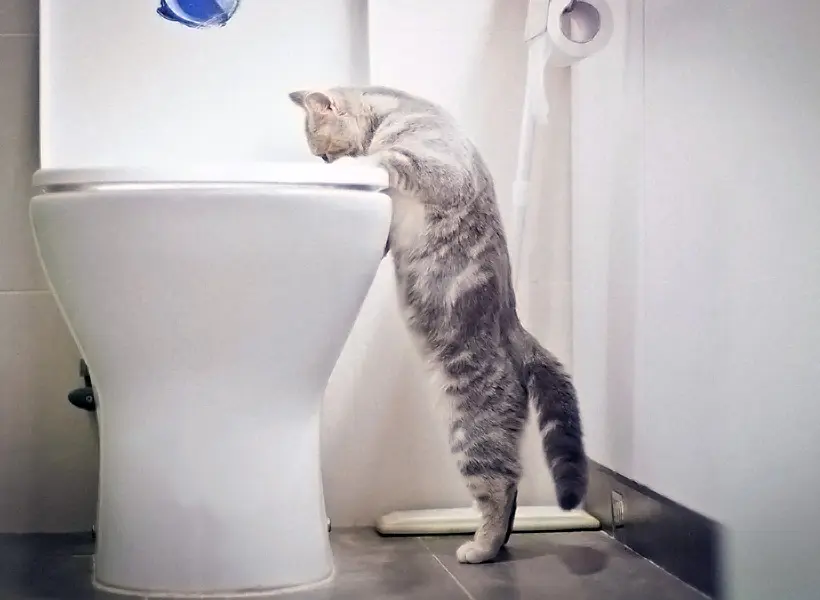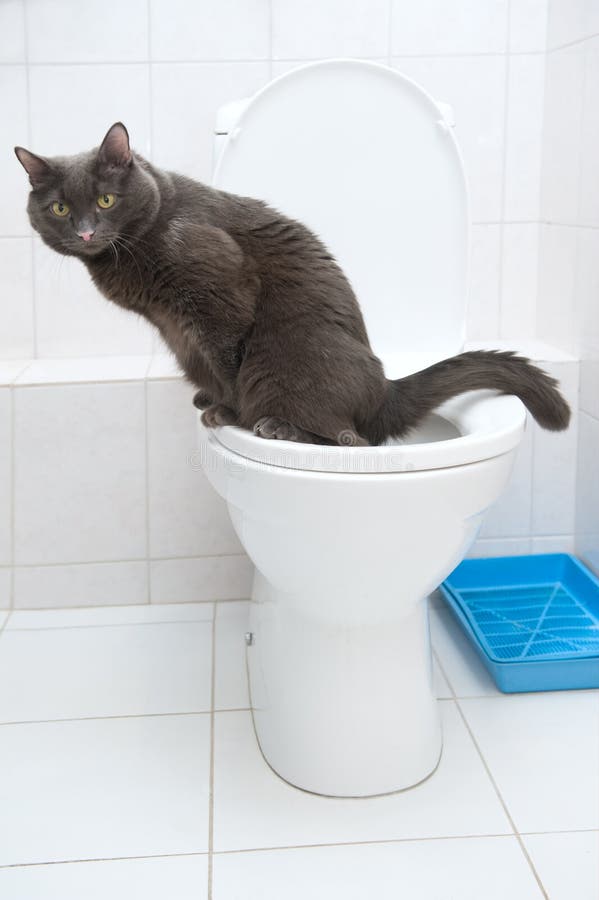Why You Must Never Flush Cat Poop Down Your Toilet - Critical Facts
Why You Must Never Flush Cat Poop Down Your Toilet - Critical Facts
Blog Article
Almost everyone seems to have their own opinion involving Don’t flush cat feces down the toilet.

Intro
As feline proprietors, it's important to bear in mind just how we take care of our feline good friends' waste. While it might seem hassle-free to flush feline poop down the bathroom, this method can have damaging repercussions for both the setting and human health and wellness.
Alternatives to Flushing
Thankfully, there are much safer and more accountable means to deal with feline poop. Take into consideration the complying with choices:
1. Scoop and Dispose in Trash
One of the most typical method of throwing away pet cat poop is to scoop it into a biodegradable bag and toss it in the trash. Make certain to make use of a specialized litter inside story and get rid of the waste quickly.
2. Usage Biodegradable Litter
Select naturally degradable feline clutter made from materials such as corn or wheat. These clutters are eco-friendly and can be securely disposed of in the garbage.
3. Bury in the Yard
If you have a backyard, think about hiding pet cat waste in a marked location away from vegetable gardens and water resources. Be sure to dig deep enough to avoid contamination of groundwater.
4. Mount a Pet Waste Disposal System
Buy a pet garbage disposal system specifically designed for pet cat waste. These systems utilize enzymes to break down the waste, decreasing odor and environmental influence.
Health and wellness Risks
In addition to environmental concerns, flushing pet cat waste can also position health and wellness dangers to people. Feline feces might contain Toxoplasma gondii, a bloodsucker that can create toxoplasmosis-- a possibly extreme disease, specifically for expectant females and individuals with weakened immune systems.
Ecological Impact
Purging pet cat poop introduces harmful pathogens and parasites into the water system, posing a substantial danger to aquatic ecological communities. These contaminants can negatively impact aquatic life and compromise water quality.
Conclusion
Accountable animal ownership expands beyond offering food and sanctuary-- it also involves correct waste administration. By refraining from flushing cat poop down the commode and selecting alternate disposal techniques, we can decrease our ecological footprint and protect human health and wellness.
Why You Should Never Flush Cat Poop Down the Toilet
A rose by any other name might smell as sweet, but not all poop is created equal. Toilets, and our sewage systems, are designed for human excrement, not animal waste. It might seem like it couldn’t hurt to toss cat feces into the loo, but it’s not a good idea to flush cat poop in the toilet.
First and foremost, assuming your cat uses a litter box, any waste is going to have litter on it. And even the smallest amount of litter can wreak havoc on plumbing.
Over time, small amounts build up, filling up your septic system. Most litter sold today is clumping; it is made from a type of clay that hardens when it gets wet. Ever tried to scrape old clumps from the bottom of a litter box? You know just how cement-hard it can get!
Now imagine just a small clump of that stuck in your pipes. A simple de-clogger like Drano isn’t going to cut it. And that means it’s going to cost you big time to fix it.
Parasitic Contamination
Believe it or not, your healthy kitty may be harboring a nasty parasite. Only cats excrete Toxoplasma in their feces. Yet it rarely causes serious health issues in the cats that are infected. Most people will be fine too if infected. Only pregnant women and people with compromised immune systems are at risk. (If you’ve ever heard how women who are expecting are excused from litter cleaning duty, Toxoplasma is why.)
But other animals may have a problem if infected with the parasite. And human water treatment systems aren’t designed to handle it. As a result, the systems don’t remove the parasite before discharging wastewater into local waterways. Fish, shellfish, and other marine life — otters in particular — are susceptible to toxoplasma. If exposed, most will end up with brain damage and many will die.
Depending on the species of fish, they may end up on someone’s fish hook and, ultimately on someone’s dinner plate. If that someone has a chronic illness, they’re at risk.
Skip the Toilet Training
We know there are folks out there who like to toilet train their cats. And we give them props, it takes a lot of work. But thanks to the toxoplasma, it’s not a good idea.

We were shown that report on Don’t flush cat feces down the toilet from a good friend on a different blog. Feel free to take a moment to share this page if you liked it. Thanks for your time. Don't hesitate to come visit our site back soon.
Book 24/7 Report this page